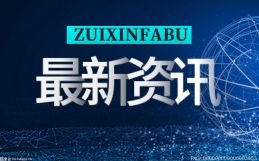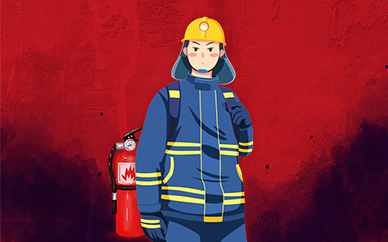
 (资料图片仅供参考)
(资料图片仅供参考)
BEIJING, April 27 (TMTPOST) —— The world’s largest hedge fund Bridgewater Associates founder Ray Dalio noted that the United States and China are the brink of war in a lengthy article posted on LinkedIn on Thursday.
The article was written after his two recent trips to China, during which he met with a wide range of people from different backgrounds in China.
Dalio shared his understanding of the current U.S.-China relationship, drawing an analogy of the relationship between the United States and China as“two giants wrestling just six inches from the edge of a cliff.”“Considering that the U.S. elections will be held in 2024, the next 18 months will be a risky period,”he added.
During his trip to China for the China Development Forum in late March, Dalio called on officials such as Secretary of the Shanghai Municipal Committee of the Communist Party of China Chen Jining and Chairman of the Banking and Insurance Regulatory Commission (CBIRC) Guo Shuqing. He said in an interview that places like Singapore and the UAE are attracting talents and technology from around the world, given the competition between China and the US. He also made investments in these places.
Dalio also analyzed that the Chinese government is more inclined to redistribute wealth and opportunities while allowing a certain degree of a free market to promote entrepreneurial creativity and productivity. A group of young professional entrepreneurs he spoke to had mixed feelings about this, with some fearing that the "good times are over" and some, who are relatively more global, fearing forced “cut off” from the rest of the world. But at the same time, most people are living their normal lives and are either unconcerned or largely unaffected by these changes.
He noted that Chinese officials are emphasizing using the right words and doing the right things to insist on openness and being a world peacemaker when communicating with foreign investors. " e.g., my and Bridgewater’s dealings with the regulators have been excellent. They still have a lot of respect and credibility,” he wrote in the article.
In Dalio"s observation, the Chinese government still wants to encourage entrepreneurs, while wanting to control and reduce executive compensation, especially in the state-owned financial sector. Salaries are being reduced by 30-50% in the financial sector, which is undergoing institutional reform, with some public sector people moving to the private sector and private financial institutions being concerned about being affected by salary restrictions or high taxes.
Dalio also provided an analysis of the technology sector. "Technology is critically important (and an existential issue) for Chinese leaders, and they are worried about losing the technology race,” he said. He used generative AI as an example. " I heard it estimated that generative AI (ChatGPT-like technologies) are behind those in the US by at least two years and won’t be able to keep up (because they don’t have the chips), which will be a serious problem for them falling behind, which concerns them greatly. They know that this will have big implications in many critical industries,” he wrote.
In the meantime, China has developed solar and wind power, which are cheaper than coal-based thermal power, and are good enough to replace coal. But China still retains coal-fired plants as a backup. Dalio argued that "they can be a big contributor and leader in green technologies."
As for the intent of writing this article, Dalio said it was to portray the true picture as accurately as possible without any biased assessment of who is right and who is wrong. "My goal is simply to increase understanding to help minimize misjudgments and miscalculations,”he stressed.









































































